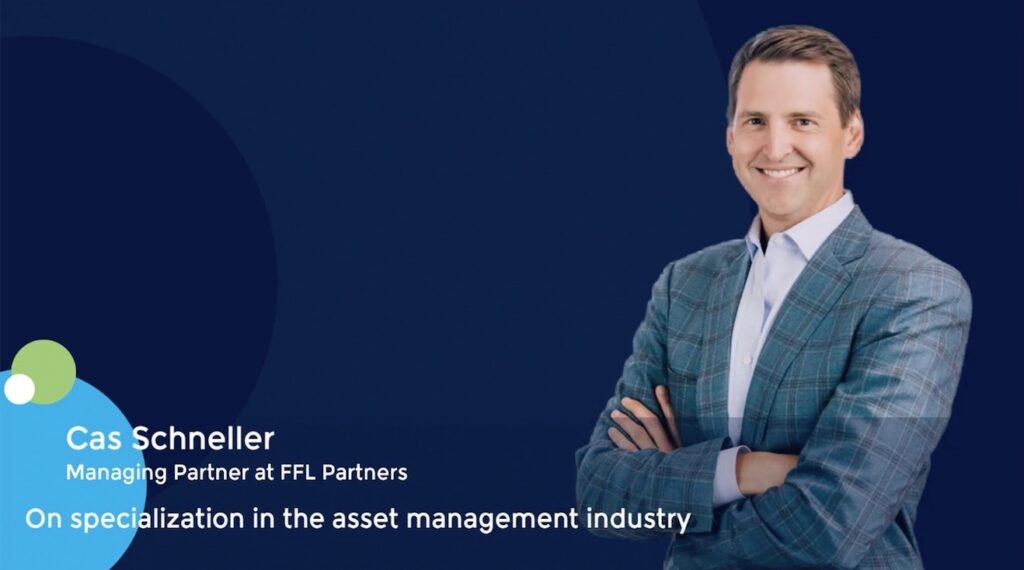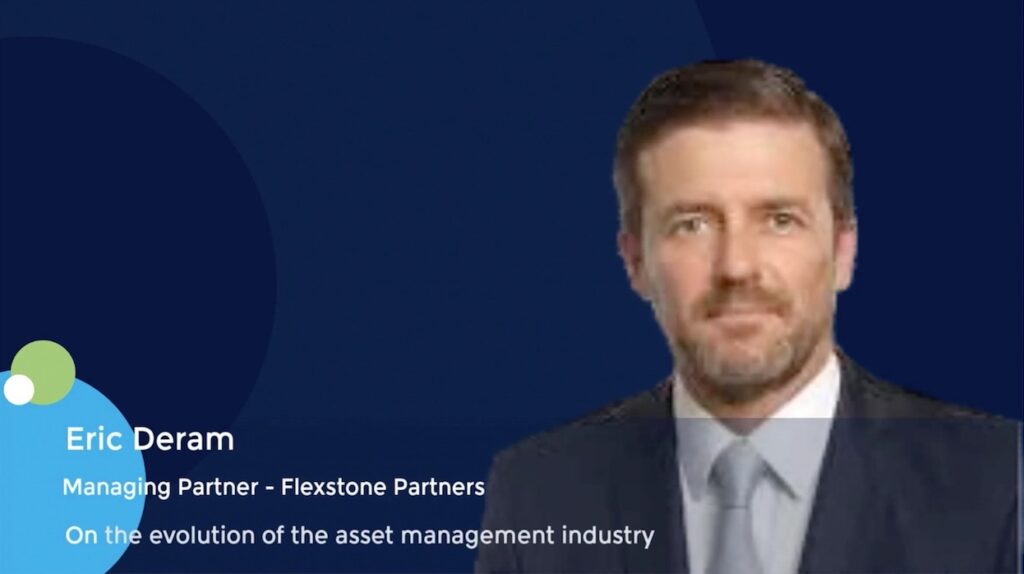Carlyle CEO on Asia’s investment potential and risk management
Summary
- Understanding risk appetite is also essential
- Reckons the Fed is “smart” about actively monitoring data
- Favourable business environment in the US could have wider impact
Private equity investment opportunities are “quite unique” in Asia with valuations looking very attractive in some cases, but pricing risk correctly will be essential to finding success in the region, Harvey M Schwartz, Chief Executive Officer of Carlyle, said at the AVCJ Private Equity Forum 2024 in Hong Kong this week.
Speaking at a fireside chat with Samson Wong, Chief Investment Officer (Private Markets), at the Hong Kong Monetary Authority, Schwartz said each market in Asia – be it Japan, India, or China – is different from the point of view of macro tailwinds, valuation parameters, and political risks, so private equity firms have to “configure ourselves” to be able to deliver opportunities for clients.
“The most important message I could leave people with is we don’t look to avoid risk,” he added. “We certainly don’t look to take excessive risk, but what we look to do is price risk correctly. So if it’s an environment where you think that the excess return has to be higher… we have to price the risk component correctly and determine whether or not we can add value to the enterprise.”
He cited the example of Carlye’s exit from the fast-food chain McDonald’s business in Mainland China, Hong Kong, and Macau.
As previously reported, McDonald’s Corporation agreed to acquire the PE firm’s minority ownership in the strategic partnership that operated and managed the regional Asian business in late 2023.
“That was a fantastic outcome,” he added. “And that wasn’t an accident. It has to do with how the team approached that opportunity, how they strategized, how they grew the franchise. When you do that over a period of time and if you unbundle the financing component of that, the vast majority of the value creation actually came from managerial enhancement, operational enhancement, and value creation, not from financing.”
He further added that Carlyle pulled off two IPOs of its portfolio companies recently.
These were the USD 1.4bn listing of StandardAero, a US aircraft maintenance services provider, last month, and the USD 863m IPO of Rigaku Holdings, an X-ray testing toolmaker, in Japan in mid-October, as reported previously.
“Exit opportunities are coming, but it’s a balancing act between generating returns and providing liquidity [to our limited partners],” he said.
Understanding risk tolerance
In a world turbocharged with geopolitical threats – whether it’s the war between Russia and Ukraine or the conflict in the Middle East – determining your firm’s risk appetite is essential, reckons Shwartz.
He split global risks into three: risks that are acceptable, those that can be hedged, and those that are unhedgable. He put geopolitical threats in the third bucket of unpriceable risk.
“You have to determine, for your own organization, what your tolerance is for that degree of risk,” he told the audience. “If your tolerance is extremely low for that kind of risk, where the risk tails are quite fat, then you just have to hold more liquidity. It’s about being thoughtful about how you evaluate your own risk appetite in a context where risk is very, very hard to predict.”
When it comes to the US Federal Reserve’s monetary policy, Schwartz reckons going back to the days of 1% or 2% interest rates is not necessarily a good thing as it reflects a market dislocation and is not a “normal monetary mechanism” but rather distorts the cost of capital.
The Federal Reserve has to tread carefully, especially as inflation numbers in the US are still not quite within its target range of 2%, as said by Fed Chairman Jerome Powell in the past.
“When we hear the Fed say they are watching the data, I think that’s exactly what the Fed should be doing because these are unprecedented economic times and the smartest thing to do is watch the data.”
When asked about the implications of the US presidential elections, with incoming president Donald Trump set to take charge in January 2025, Schwartz anticipates lower tax on US businesses. He said this will feed into company earnings, while a lighter touch on regulation will lead to more business activity and, in turn, more confidence among company CEOs.
“They will feel more confident about engaging in strategic transactions,” said Schwartz. This, he added, could also lead to global impact as more international transactions are likely to happen.












